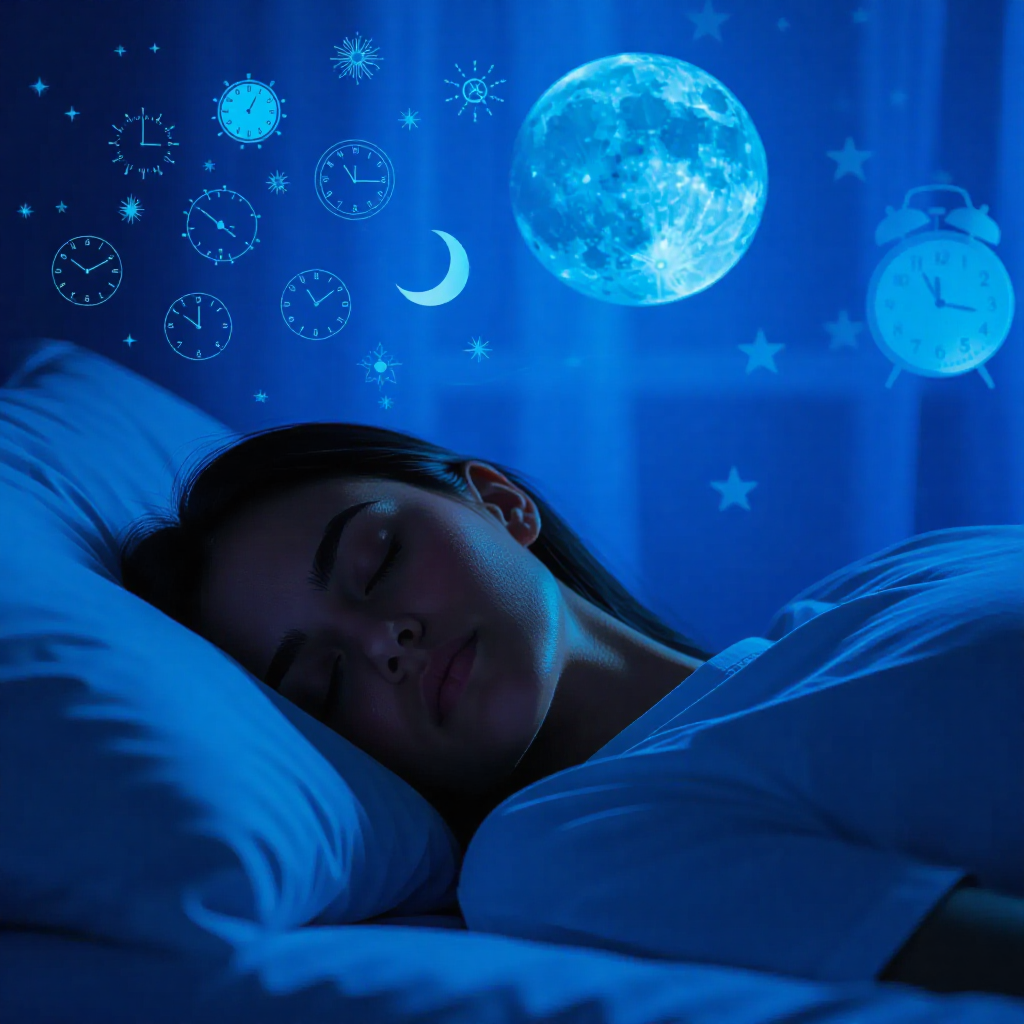Melatonin and Burnout: How Chronic Stress Hijacks Your “Sleep Timer”
Do you lie in bed exhausted but unable to sleep? Or wake up feeling tired no matter how long you’ve rested? If so, burnout may have disrupted your body’s production of melatonin, the sleep hormone.
Melatonin is a natural hormone that signals to your body when it’s time to wind down and sleep. It regulates your circadian rhythm, the internal clock that manages sleep-wake cycles. Chronic stress and burnout can significantly interfere with melatonin production, leaving you trapped in an exhausting cycle of poor sleep and worsening burnout.
In this blog, we’ll explore what melatonin does, how burnout disrupts it, and the steps you can take to restore balance and reclaim quality sleep.
What Is Melatonin?
Melatonin is produced by the pineal gland in the brain in response to darkness. It helps:
Regulate sleep timing
Maintain circadian rhythm stability
Protect against oxidative stress
Influence mood and immune function
Normally, melatonin levels rise in the evening, peak during the night, and drop by morning to help you wake up.
The Brain’s Melatonin Pathway
The release of melatonin follows a precise neurological route:
Light signals are detected by the eyes and sent to the suprachiasmatic nucleus (SCN) of the hypothalamus.
The SCN acts as the body’s master clock and signals the pineal gland.
In response to darkness, the pineal gland produces melatonin.
When this pathway is disrupted, your circadian rhythm falls out of sync.
How Burnout Disrupts Melatonin Production
1. Stress-Induced Cortisol Interference
High cortisol levels from chronic stress suppress melatonin production. The more stressed you are, the less melatonin your body releases.
2. Light Exposure and Screen Time
Excessive blue light from phones, computers, and artificial lighting tricks your SCN into thinking it’s daytime, halting melatonin release.
3. Shifted Sleep-Wake Cycles
Burnout often leads to irregular sleep patterns. Late nights, early mornings, and inconsistent schedules prevent your body from establishing healthy melatonin rhythms.
4. Overactivation of the Sympathetic Nervous System
An overactive stress response keeps your brain in “fight or flight” mode, preventing the relaxation needed for melatonin release.
Symptoms of Melatonin Disruption in Burnout
Why Melatonin Matters in Burnout
Melatonin serves as a crucial signal to calm the body and prepare for sleep. Low melatonin levels disrupt your entire system, creating a vicious cycle:
Poor sleep quality
Heightened stress response
Increased fatigue and emotional exhaustion
Further suppression of melatonin
This pattern accelerates burnout progression.
Can You Restore Healthy Melatonin Levels?
Yes. With supportive habits and tools, your body’s melatonin rhythm can recover.
1. Create a Consistent Sleep Schedule
Go to bed and wake up at the same time every day.
Establish a calming nighttime routine.
2. Limit Evening Light Exposure
Avoid screens 1–2 hours before bed.
Use blue light filters or wear blue-light blocking glasses.
3. Maximize Morning Sunlight
Natural morning light helps regulate melatonin suppression and boosts daytime alertness.
4. Practice Relaxation Techniques
Meditation, deep breathing, and guided sound therapy (like MelodiaSync) promote a relaxation response.
5. Support Nutrition
Consume foods rich in tryptophan (bananas, oats, turkey) which is a precursor to melatonin production.
How MelodiaSync Can Help
MelodiaSync’s EEG-guided sound therapy is designed to:
Support the parasympathetic nervous system
Promote brainwave patterns associated with relaxation and sleep readiness
Help restore the body’s natural melatonin production cycle
Used regularly, MelodiaSync can help you break the stress-sleep disruption cycle and reclaim restful, restorative sleep.
Reset Your Body Clock
Burnout throws your sleep-wake cycle into chaos by hijacking your melatonin production. But your body is designed to heal. Through lifestyle changes, sleep hygiene, and support tools like MelodiaSync, you can restore balance, sleep deeply, and feel energized again.
Your sleep matters. Your calmness is within reach.
Disclaimer: This blog post is intended for informational purposes only and does not constitute medical advice. Please consult a qualified healthcare professional for any medical concerns or treatment decisions.



